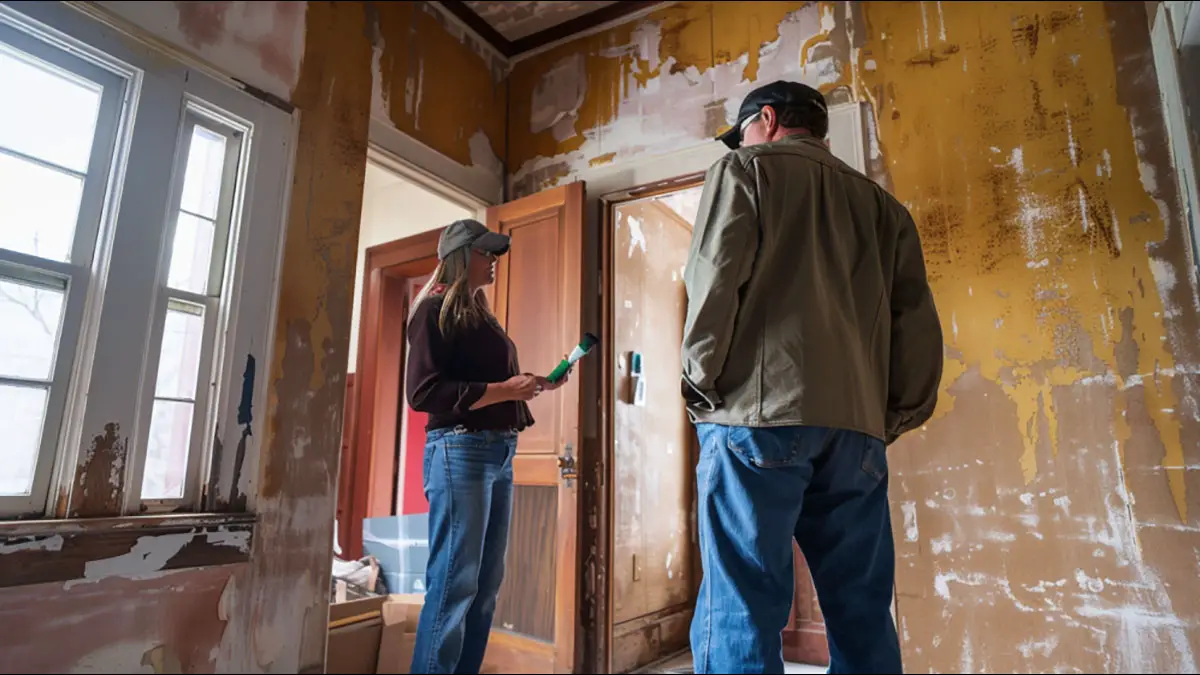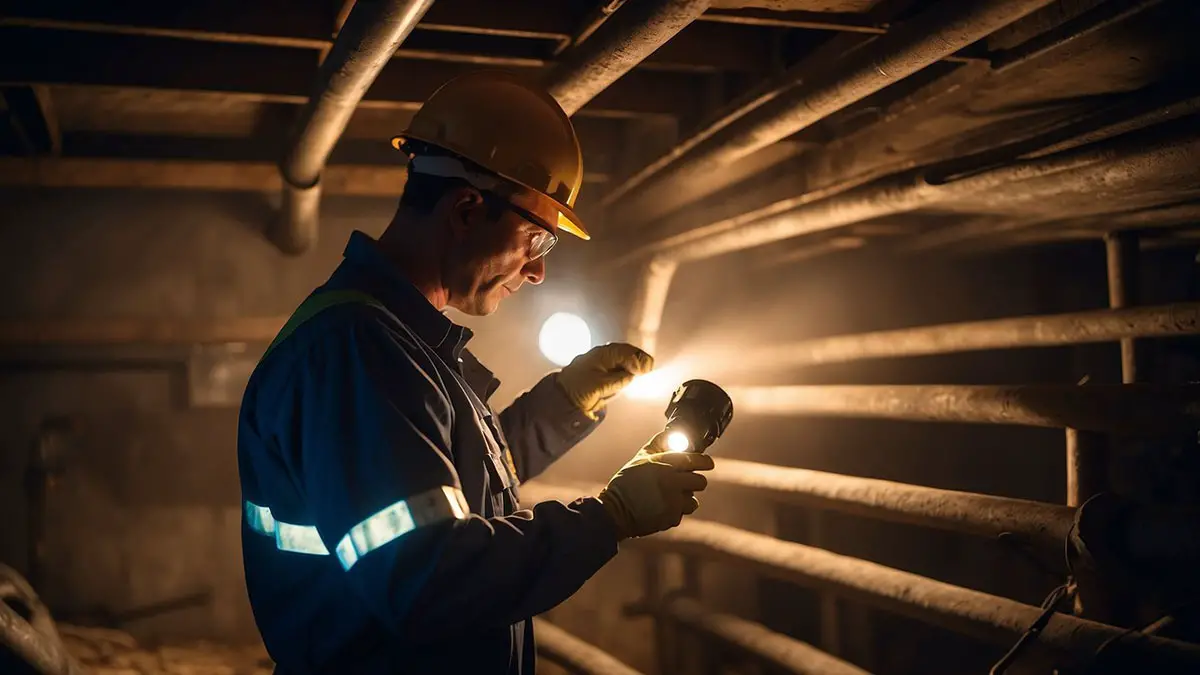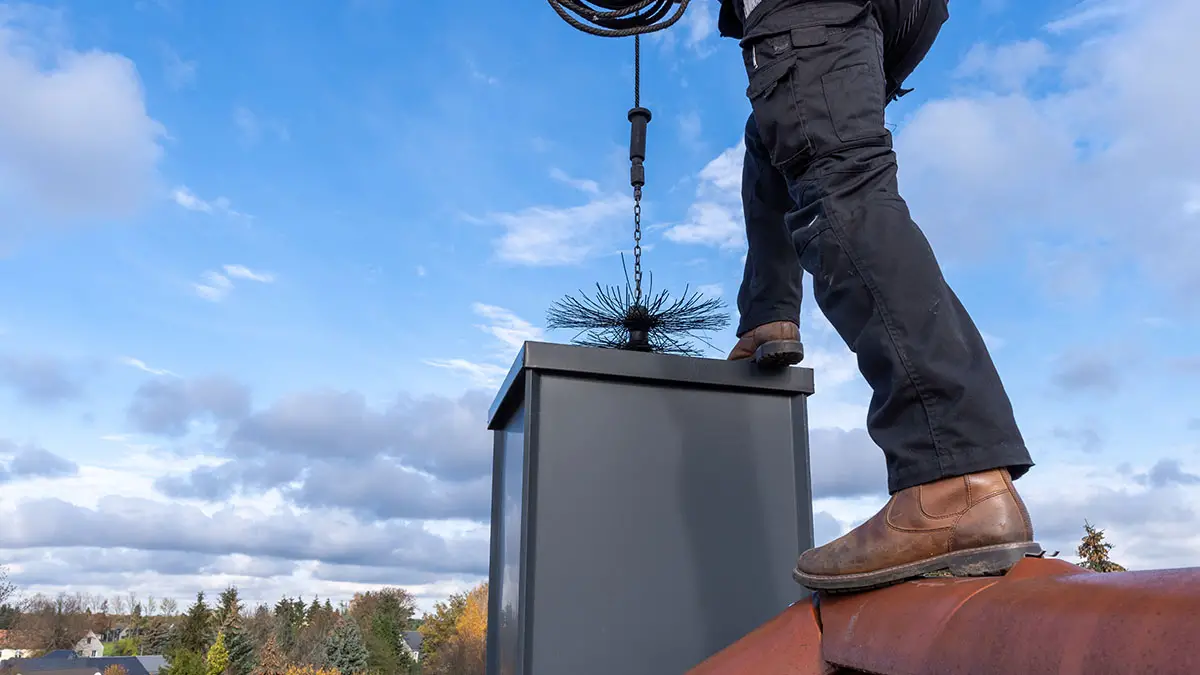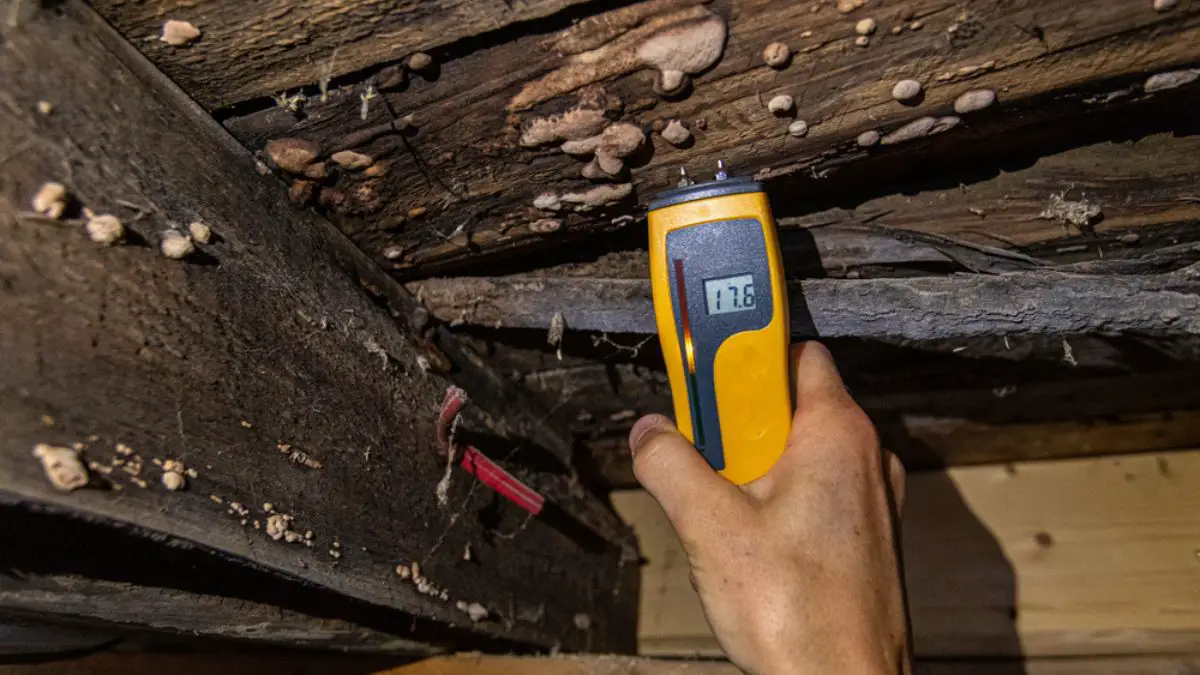Many people who shop for a mortgage have questions about what inspections they must do to get a loan. Whether buying a new home or refinancing an existing one, the mortgage process is generally the same.
Mortgage lenders do not require a home inspection to obtain a home loan. You are encouraged to get a home inspection if purchasing a home; however, your mortgage company will likely not require one unless a serious structural deficiency exists.
Mortgage lenders generally will require an appraisal and a wood-destroying organisms report. Lenders use appraisals to verify the current market value is equal to or greater than the purchase amount. A Wood Destroying Organism (WDO) Report certifies that the house is free of wood-destroying organisms like termites and fungi.
If you are buying a new construction home, it is always in your best interest to invest in having a home inspection done. In some circumstances, your lender may require a home inspection, such as if the pest control inspector or the appraiser notes a structural defect. Let’s look a little closer at each of these situations.
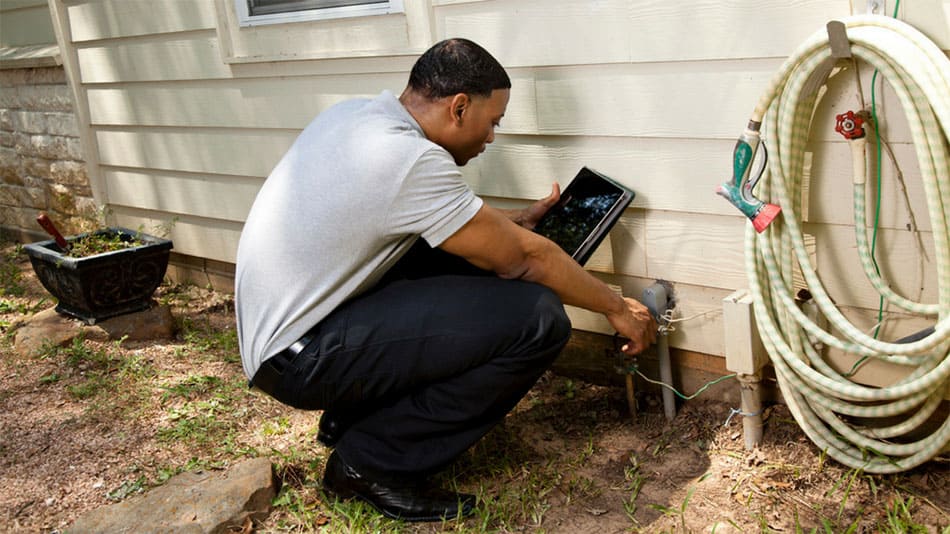
Are Home Inspections Required for a Mortgage Loan?
If you are buying a home, you will have a due diligence period to have a home inspection done before closing and taking ownership of the house. The home inspection helps the buyer avoid purchasing a property that may require a substantial investment to repair.
A home inspection offers the home buyer an opportunity to examine the home’s overall condition to discover and determine if there are any defects the buyer was unaware existed. Your home inspector will also help you identify any potential hazards that exist.
However, a home inspection will usually not be required by your mortgage lender. Consider it an investment to verify that you are making the right buying decision to protect yourself and your family.
Your Lender Will Probably Require an Appraisal
A home appraisal will be required by your lender when you apply for a mortgage. Lenders use a real estate appraiser to verify the home is worth the money lent to purchase it. An appraisal is different from an inspection:
- A home inspector examines the overall condition of the property and the installed systems. The home inspector will also look for potential health and safety issues.
- A home appraiser uses current market data to help determine the house’s market value. The appraiser uses recent comparable sales data in the local area to determine how much the home is worth today.
- A termite inspector examines the home’s floor level to determine the presence of wood-destroying insects such as termites, borer beetles, carpenter bees, carpenter ants, etc.
Mortgage lenders use the real estate appraiser’s report to verify that the house is worth the amount you’ve agreed to pay. The lender will also use this data to set your down payment based on the loan-to-value (LTV) you have been approved for based on your credit history.
Is a Home Inspection Required with a Conventional Loan?
Typically, a conventional mortgage lender only requires a home appraisal by a licensed real estate appraiser and a Wood Infestation Report (in certain parts of the US). The real estate appraisal helps the lender determine the house’s property value. The CL-100 wood-destroying insect inspection looks for damage caused to the structure by wood-destroying insects. Some exceptions do apply.
When the real estate appraiser visits the property, they may find a defect that prompts the lender to require an additional inspection. For example, when the appraisal report arrives and notes structural damage noted around the doors and windows, the underwriter may order a full or limited home inspection.
The Wood Infestation Report must be dated within 30 days of property closing. This report notifies the lender if wood-destroying insects are present or if prior damage caused by wood-destroying inspections exists. If damage or wood-destroying insects are present, an invoice from a licensed contractor will be needed to show the lender that the issue has been corrected.
While home inspectors inspect for termites, most states require a specialized license to issue a Wood Infestation Report.
Does FHA Require a Home Inspection?
FHA does not require a home inspection but strongly encourages it. FHA Appraisals act as both an appraisal and a minimal home inspection to verify that the house meets the minimum FHA standards. You can read more on the minimum FHA standards at the HUD.gov website.
An FHA appraisal and a home inspection differ because a home inspector will thoroughly examine the house. The FHA appraiser wants to verify that the house meets the minimum FHA standards. FHA requires an FHA appraisal on all FHA loans.
Is a Home Inspection Required for a VA Loan?
VA Loans follow the same standards as FHA loads. VA encourages you to have a home inspection conducted but does not require it. The VA appraisal assesses the house’s value and condition by an independent VA appraiser. The VA appraiser will be looking to verify the home meets the minimum standards established by HUD.
Having a Home Inspection is a Good Idea
For Conventional, FHA, and VA loans, it’s a good idea to hire a home inspector to examine the home you are about to purchase. A licensed home inspector has the qualifications and experience to inspect the structure, roof, electrical, plumbing, and mechanical systems and provide an unbiased opinion on the home you want to buy.
Buying a home will be one of your most important purchases. You can expect to pay approximately $300-$400 to hire a home inspector. When you break it down, the home inspection cost is a small percentage, usually 1%-3% of the home’s sale price. That’s a low price to pay for peace of mind.
We wrote an article titled 21 Reasons Why You Should Have a Home Inspection to understand better why a home inspection is essential.
Where to Find a Home Inspector?
Use recommended inspectors. Ask your real estate agent, loan officer, and closing attorney for a home inspector referral. One of these professionals should be able to advise you to a licensed home inspector in your area. You can also check with friends and family members who recently purchased a home.
- Professional trade groups. Professional trade organizations like the Certified Master Inspectors Board maintain a list of local experienced home inspectors with a minimum of 3 years experience, have performed a minimum of 1000 paid inspections, and are held to the highest ethical standards.
- State licensing board. Your state licensing board will have a list of all licensed home inspectors in your state. The state’s list of home inspectors will likely contain little info about the inspector other than if the inspector is Active or Inactive.
- Local building code office. While the local building code inspector does not inspect properties for real estate transactions, they will likely have a list of qualified licensed home inspectors available for hire.
- Hire a licensed building contractor or structural engineer. Home inspections may not be their primary business. Licensed building contractors and structural engineers don’t often provide home inspection services, but some State licensing allows them to have a home inspection.
FAQs
Can a buyer walk away after a home inspection?
After a home inspection, you risk forfeiting your earnest money if you decide to walk away after the home inspection. Often, you’ll negotiate any home repairs, allowing the seller to address items in the home inspection report.
Who pays for the home inspection?
A buyer is responsible for paying the home inspection fee. However, there are times when a seller could choose to pay for the home inspection. The home inspection costs approximately $300-$400 and is usually paid outside the closing costs.
Can a seller back out after a home inspection?
Once the seller has agreed to the purchase offer, the buyer has a due diligence period to have the home inspected. The home inspector may note a defect in the inspection report that the client wants to be repaired. See our home inspection checklist for more details on what home inspectors look for and how you can do it yourself.
The seller can agree to either make repairs, offer the home “as-is” at a negotiated discount, or allow the buyers to exit the contract and refund the earnest money deposit. See our article, Negotiate Home Inspection Repairs Like a Pro – Homebuyers Guide.
Do banks require a home inspection?
Banks typically do not require a home inspection when approving a mortgage. However, they may conduct their own appraisal to assess the property’s value. Buying a home without an inspection is not recommended. They can help to identify any potential issues before purchasing a home.




